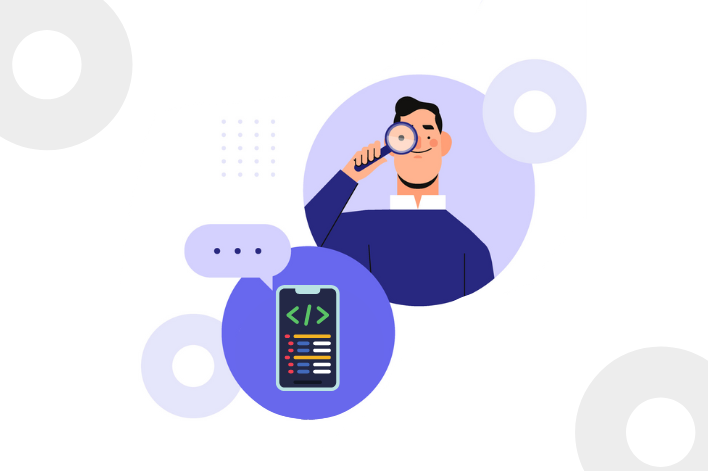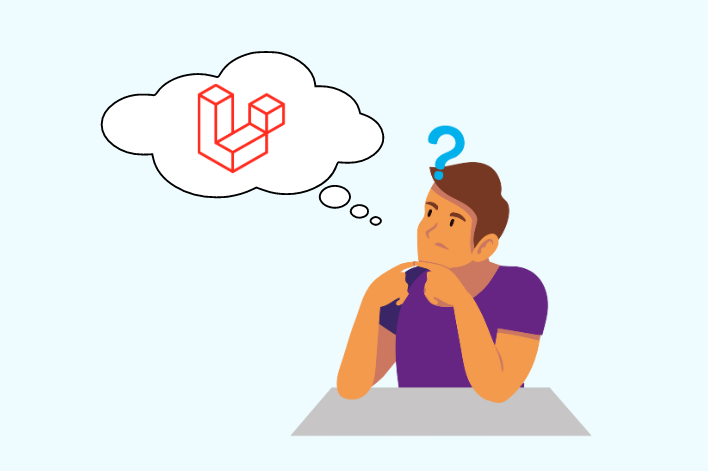Artificial Intelligence (AI) is everywhere. From your smartphone apps to global search algorithms, AI is changing the way we interact with technology. In fact, AI has simplified decision making for enterprises and enhanced convenience for end users.
Autonomous cars are a big breakthrough for the transportation sector when it comes to AI. According to Allied Market Research, self-driving technology will grow from $54 billion in 2019 to $556 billion by 2026.
Self-driving technology is just the tip of a magnanimous iceberg. AI provides significant potential for disruption, innovation and growth for the on-demand cab industry.
How Artificial Intelligence Is Changing the Future of Ride-Hailing Services?
Taxi booking app development is all about building a reliable and scalable platform that enhances user experience through features like instant bookings, GPS integration, and automated fare calculations.
Startups are unlocking AI to build smarter systems in the cab-hailing and transportation domain. And one significant use case has emerged in the form of an AI-enabled taxi dispatch system.
The power of AI can revolutionize your taxi booking system by automating processes, improving efficiency, and delivering personalized experiences to users.
An AI-enabled taxi dispatch system is a potential gamechanger. It allows startups to achieve efficiency in operations and also promise enhanced user experience.
Cab startups around the globe are integrating AI in their routine operations. One of the biggest success stories is from Japan.
JapanTaxi worked closely with Toyota, Accenture & KDDI Corporation to build a taxi dispatch support system for predicting demand. The system uses predictive analytics on data sourced from service logs and integrates it with weather data and public transport availability. Several trials suggested 94.1% accuracy in its prediction about occupied taxies in Tokyo region.
JapanTaxi offers the data to drivers and gives them suggestions on the best routes to find a passenger at a time. This reduces wait timings for passenger and higher earnings for drivers. A win-win situation for everyone.
Improving Your Taxi Booking Startup with AI
JapanTaxi's success with AI-enabled taxi dispatch system depicts the potential of AI in on-demand taxi startup domain. So, when you think of developing a mobile app for taxi business, harnessing AI will help you beat competition.
A well-designed taxi booking management system streamlines operations, enabling efficient ride scheduling, real-time tracking, and seamless communication between drivers and passengers.
Here are some potential use cases that you should keep in mind during taxi app development:
1. Real-time Demand Prediction
Artificial intelligence and predictive analysis can help in analyzing historical data effectively. Data mining on historical data along with post analysis helps taxi startups in build a powerful demand prediction algorithm.
By correlating historical data with predictive analytics and data mining, demand can be predicted in real time. As said earlier, it means shorter wait times for passengers, better earning potential for drivers and efficient mobilization of available resources.
2. Route Optimization
AI-powered mobile app for taxi business can optimize routes and availability. A reasoning algorithm can be integrated in the app for accurate optimization which saves time and minimize chances of getting stuck in traffic. At the same time, route optimization helps drivers find the fastest route to destination.
Reasoning algorithm sources data from movement of other drivers on same routes and analyzes for time and direction. Within the app, the driver gets real time suggestions that helps him navigate easily and improve their efficiency.
3. Automated Dispatch
Well, this is quite an interesting use case and the pivoting feature of an AI-based taxi dispatch system. By using pattern recognition and data mining, startups can automate taxi dispatch and eliminate chances of error due to human intervention.
A lot of times, if the system isn't automated, it can lead to longer wait times for end-users leading to bad experience. Using AI to simplify data analysis for mobilizing resources helps startups deal with dispatch issues and ensure standardization of dispatch times and faster turnaround.

4. Personalized User Experience
Everyone is betting big on personalization these days as consumers love personalized experience. When you're thinking of building a taxi booking software solution, AI capabilities can help you gauge your customers better and offer them a remarkable experiences, too.
Just like eCommerce startups take note of historical browsing choices and purchases, AI can help smarten the experience for your users, too.
You can use data analytics to give smart choices to a user on every ride pertaining to their most visited locations, ride type, and other minor personalization. All this will add up to the entire user experience, making a great brand image in their minds.
5. Make Smarter Business Decisions
Data is the new gold you must have heard a million of times. And AI can help you create meaningful connections and derive actionable insights.
Using AI-based prediction and data analysis models in your taxi app would give you in-depth understanding of the core operations and take data-backed decisions every single time. You can use data to understand consumer growth, operational issues and more and take corrective/scalability decisions with confidence.
6. Decrypting Rider Psychology
Who knew that technology would help in analyzing a person's mindset? Well, AI can effectively be used to understand consumer psychology. The ride patterns, payment mode, usage history and schedules can give a lot of insights into the thoughts of your ideal customer.
This would help a startup in understanding customer better, create a data-backed user persona and target effectively through marketing endeavors. Not only does data backed insights help in marketing, but will improve the entire user experience, as discussed earlier.
7. Smart Driver On-boarding Process
The convenience and automation quotient of AI integration quotient is limitless. Not only for the riders, AI can help the operators in creating a streamlined on-boarding experience for drivers too.
AI can be integrated in the form of a chatbot with answers to common queries and AI-powered training modules can be delivered in real-time whenever driver is stuck with an issue.
This will delight drivers and help in creating an empathetic face of your brand, motivating more drivers to connect and thus grow your taxi network, organically along with several other operational benefits.
SEE ALSO : Mobile App Ideas for Startups
Wrapping Up
AI will definitely change the way people move around in the future. And if you don't think of a way to integrate AI in your process soon, you have a chance to become obsolete. So, if you're planning for taxi app development and want to harness AI Taxi, our experts can help.
Effective software development is key to creating a robust and scalable taxi booking system, ensuring seamless integration of features like real-time tracking, secure payment processing, and user-friendly interfaces.
We, at Websoptimization, have rich experience of building AI-powered solutions for growth-oriented startups. If you're keen on AI and its potential, let's connect and explore the possibilities together.
FAQs
Q: What are the key benefits of AI integration in a taxi booking system?
A: Integrating AI into a taxi booking system can provide numerous benefits, including enhanced user experience, improved operational efficiency, and increased revenue. By leveraging artificial intelligence technologies, businesses can automate routine tasks, allowing for quicker responses to customer inquiries.
Furthermore, AI can facilitate dynamic pricing models based on real-time demand and supply data, optimizing profitability. The integration of AI systems also enables better analytics and insights, allowing companies to make data-driven decisions that align with their business objectives.
Q: How can AI enhance the booking process in a taxi system?
A: AI can significantly streamline the booking process by using machine learning algorithms to predict customer preferences and travel patterns. This can lead to personalized recommendations for users, making the booking experience more intuitive.
By implementing AI solutions like chatbots, customers can receive immediate assistance, further reducing the time needed to complete a booking. Additionally, integrating AI can ensure that the most relevant vehicles are available based on location and demand, which enhances the overall functionality of the mobile app.
Q: What role do AI algorithms play in optimizing routes for drivers?
A: AI algorithms are vital for optimizing driving routes by analyzing real-time traffic data and predicting potential delays. By integrating AI into route planning, taxi services can significantly reduce travel time and improve fuel efficiency. This not only enhances customer satisfaction but also increases the number of rides a driver can complete in a given timeframe.
The implementation of AI in route optimization can also lead to cost savings for both the company and the drivers, making it a win-win situation.
Q: How does AI facilitate better customer service in taxi booking systems?
A: With the use of AI and machine learning, taxi services can provide personalized customer support through chatbots and virtual assistants. These AI systems can handle a wide range of inquiries, from basic questions about fares to more complex issues regarding ride status.
By automating these interactions, businesses can ensure prompt service and enhance the overall user experience. Additionally, AI can analyze customer feedback to identify trends and areas for improvement, further boosting service quality.


